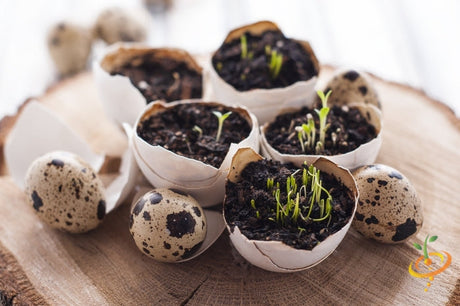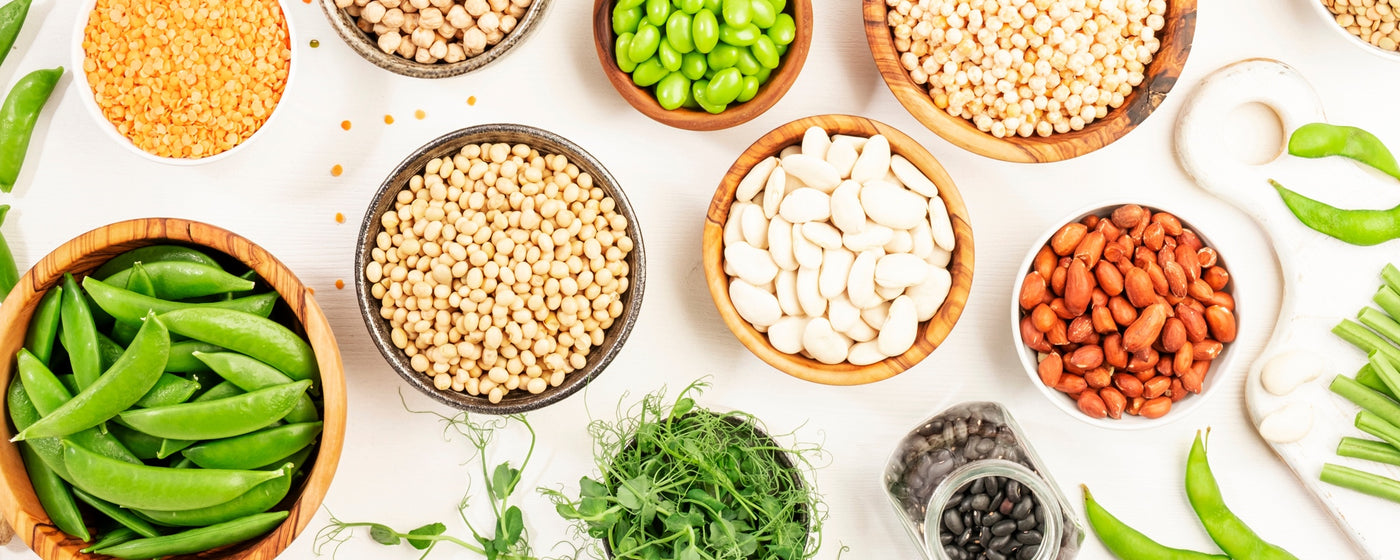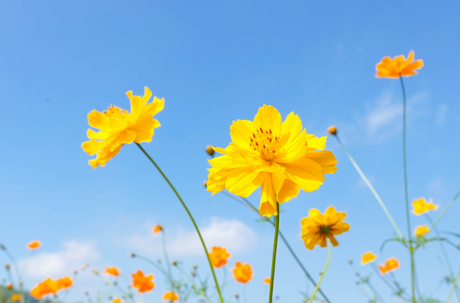 |
Depth to Plant
|
Spacing Between Plants |
Best Season to Plant_________ |
Soil
|
Days to Maturity
|
| 1/4" Deep | 4-6" Apart | Fall & Winter | pH 7.0-7.5 | 90-100 |
Shallots have a milder taste and odor than Onions, so shallots are more commonly eaten raw. However, when cooked, shallots can lose their flavor quickly, and so onions are preferable in cooked food like stir fries. Space shallots appx. 4-6 inches apart with the rows 18 inches apart. Plant the bulb root side down, the top of the bulb 1 inch below the surface. Planting too deep grows elongated bulbs that don’t store well.
WHEN TO PLANT SHALLOTS:
It is always best to plant in the fall because fall-plantings yield twice as much. Protected by a good mulch and snow cover, shallots, have survived minus 25°F. However, if your winters are unusually severe, you might test-plant a few in fall the first time you grow them and save the rest to plant in spring. The exact time to plant must be learned by experience. What you want is for the bulbs to establish a strong root system, but not to make much, if any, tender top growth before the ground freezes.
Normally, planting 4-6 weeks before hard winter comes is about right. The top growth may appear, make a few inches of growth and die back during winter, but if the bulb hasn’t had its food reserves sucked down too hard by making leaves in fall, it will still retain enough vigor to burst into rapid growth as soon as the soil warms up.
HOW TO PLANT SHALLOTS:
Space shallots appx. 4-6 inches apart with the rows 18 inches apart. Plant the bulb root side down, the top of the bulb 1 inch below the surface. Planting too deep grows elongated bulbs that don’t store well.
HOW TO GROW SHALLOTS:
If you want really large bulbs, side dress the plants when growth resumes in spring. Organic gardeners can use chicken manure or any kind of seed meal (cottonseed meal, canola meal, linseed, soybean,etc.) at a rate of about 1/2 to 1 gallon per 50 row feet. When the bulbing begins, any mulch or soil covering the bulbs should be pulled back so the bulbs form on the surface of the soil and dry down.
HOW TO HARVEST SHALLOTS:
The tops of these species often make very tasty scallions, especially potato onions. However, if you snip off too many sprouts, there will be fewer and smaller bulbs. It is important that the bulbs form tough protective skins. To accomplish this the plants must mature in dry soil. So as the bulbs are forming you should stop watering them.
The time to harvest is when most of the tops have browned off and fallen over. Loosen the soil first with a spading fork and then gently lift the bulbs. Their skins have not hardened yet so it is important to avoid bruising or tearing the skin. The bulbs, with their tops still attached. should be air-dried for 2-3 weeks until the tops have completely shriveled. Then cut the tops off with sharp scissors or pruning shears about 1 inch above the bulb, spread the bulbs out on wire racks in the shade (in a garage) to cure for 2-3months. By then it will be time to replant or store them for the winter (those you haven’t eaten yet).













































